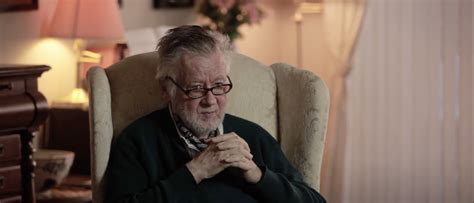A Quote by H. L. Mencken
Morality is the theory that every human act must be either right or wrong, and that 99 % of them are wrong.
Related Quotes
Belief, thus, in the supernatural, great as are the services which it rendered in the early stages of human development, cannot be considered to be any longer required, either for enabling us to know what is right and wrong in social morality, or for supplying us with motives to do right and to abstain from wrong.
If we can get that realistic feminine morality working for us, if we can trust ourselves and so let women think and feel that an unwanted child or an oversize family is wrong -- not ethically wrong, not against the rules, but morally wrong, all wrong, wrong like a thalidomide birth, wrong like taking a wrong step that will break your neck -- if we can get feminine and human morality out from under the yoke of a dead ethic, then maybe we'll begin to get somewhere on the road that leads to survival.
I was born with the wrong sign
In the wrong house
With the wrong ascendancy
I took the wrong road
That led to
The wrong tendencies
I was in the wrong place
At the wrong time
For the wrong reason
And the wrong rhyme
On the wrong day
Of the wrong week
Used the wrong method
With the wrong technique
Wrong
Wrong.
It's not wrong to be upset. It's not wrong to cry. It's not wrong to want attention. It's not even wrong to scream or throw a fit. What is wrong is to keep it all inside. What is wrong is to blame and punish yourself for simply being human. What is wrong is to never be heard and to be alone in your pain. Share it. Let it out.
For, according to the teachings of Islam, moral knowledge automatically forces moral responsibility upon man. A mere Platonic discernment between Right and Wrong, without the urge to promote Right and to destroy Wrong, is a gross immorality in itself, for morality lives and dies with the human endeavour to establish its victory upon earth.
What basic psychological distortion can be found in every civilization of which we know anything? The only psychological force capable of producing these perversions is morality - the concept of right and wrong. The re-interpretation and eventual eradication of the concept of right and wrong are the belated objectives of nearly all of psychotherapy.
There's nothing "wrong" with anything. "Wrong" is a relative term, indicating the opposite of that which you call "right." Yet, what is "right"? Can you be truly objective in these matters? Or are "right" and "wrong" simply descriptions overlaid on events and circumstances by you, out of your decision about them?





































